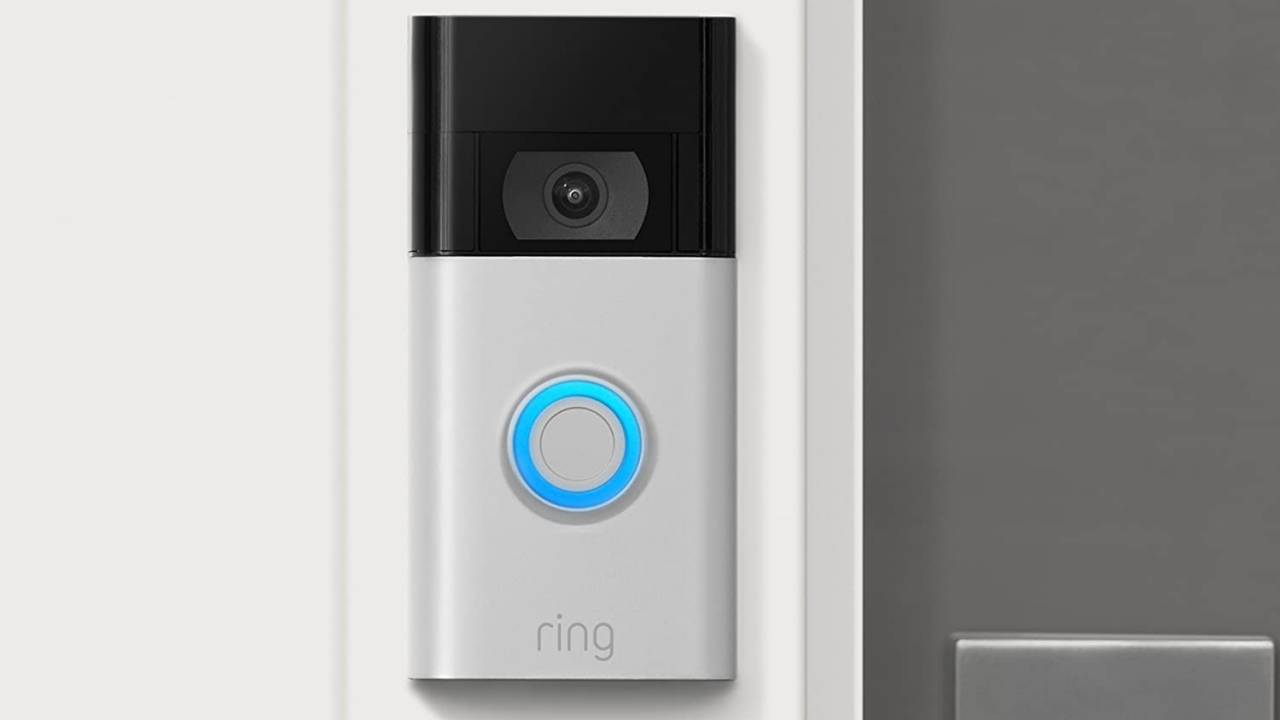
This week, a judge has ruled that security cameras and a Ring doorbell installed in a house in Oxfordshire “unjustifiably invaded” the data and privacy of a neighbour.
A neighbour claimed that the ring doorbell placed outside on her neighbours shed broke data laws and contributed to harassment. These claims were upheld by the judge.
The audio data collected was unlawful
During the ruling, it was discovered the Ring doorbell captured images of the claimant’s house and garden, while the shed camera covered almost the whole of her garden and her parking space. The Judge went on to rule, that the audio data collected by the doorbell was processed unlawfully.
Amazon, which made both the doorbell and the cameras, said that customers must “respect their neighbours’ privacy, and comply with any applicable laws when using their Ring device.”
GDPR and domestic CCTV systems
The ICO developed a few questions that you should ask yourself when considering the use of home security.
- Do I really need CCTV?
- Are there other things I could use to protect my home, such as better lighting?
- What is the most privacy-friendly way to set up the system?
- What areas do I want the cameras to capture?
- Can I position the cameras to avoid intruding on my neighbours’ property or any shared or public spaces?
- Do I need to record the images, or is a live feed enough?
- Has my CCTV system got an audio-recording facility? Audio recording is very privacy-intrusive. So, in most cases where householders use CCTV, they should disable audio recording.
What to consider when using cameras
In terms of capturing images of people outside your home or garden, there are some things to consider.
- You must let people know you are using CCTV by putting up signage saying that recording is taking place, and why
- Do not capture footage that is outside the scope of the purpose
- Ensuring the CCTV footage is held within a secure system
- Only keep the footage for as long as you need it
- Ensure the CCTV system is only operated in ways you intend and can’t be misused for other reasons
- Before installing the cameras, it may be important to notify your neighbours
All Response Media Viewpoint
It is highly important to establish why you have decided to use CCTV for your property and keep a record of your decision and when this was made. This will help you in a case where the reason for your CCTV is questioned. It is also important to only record areas that are of your property and not your neighbours.
It is good to discuss with your neighbour how much of their property is covered by the CCTV. Another way in which you could safeguard yourself is by placing a visible sign which states “CCTV surveillance in progress”.


